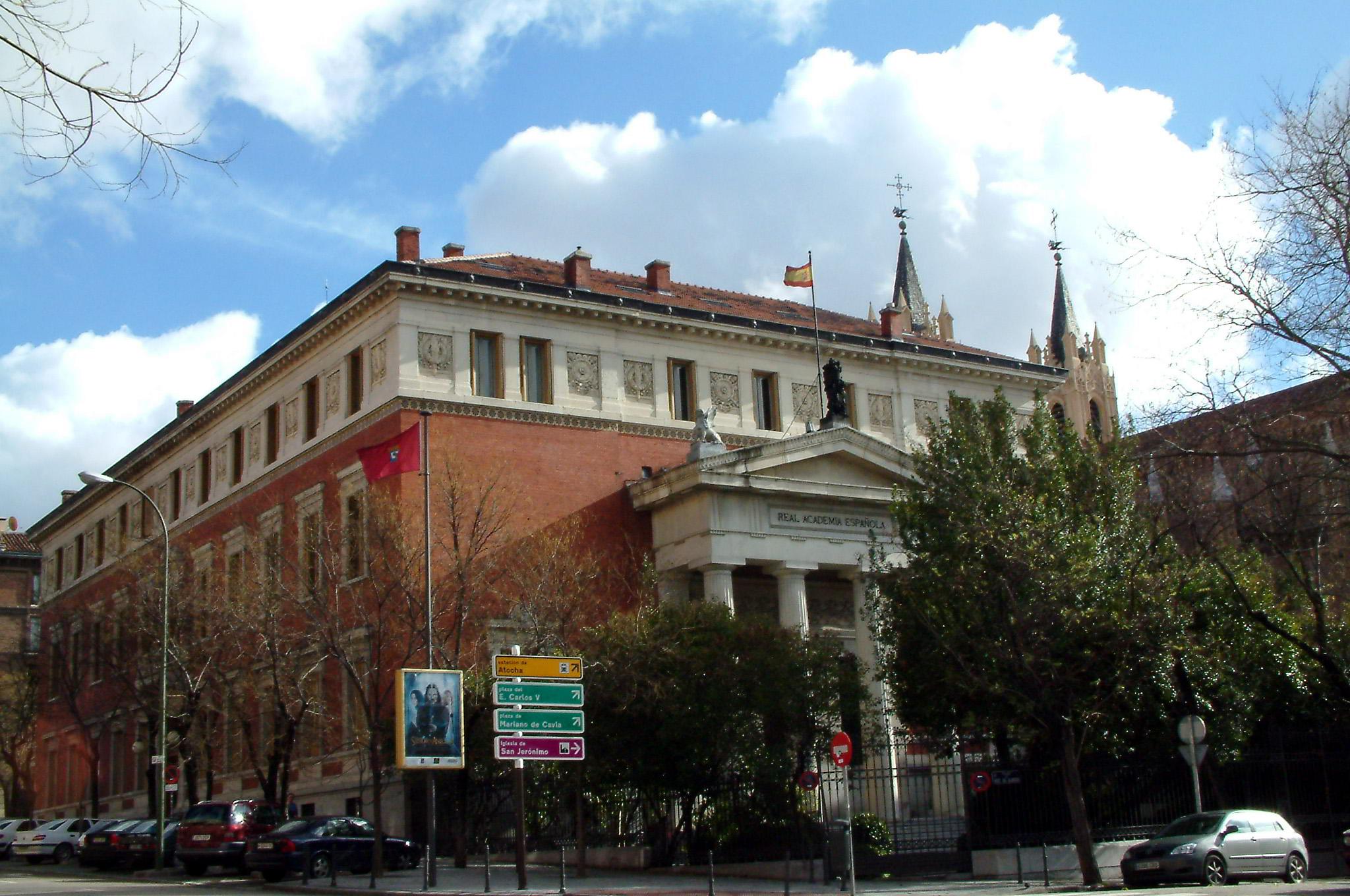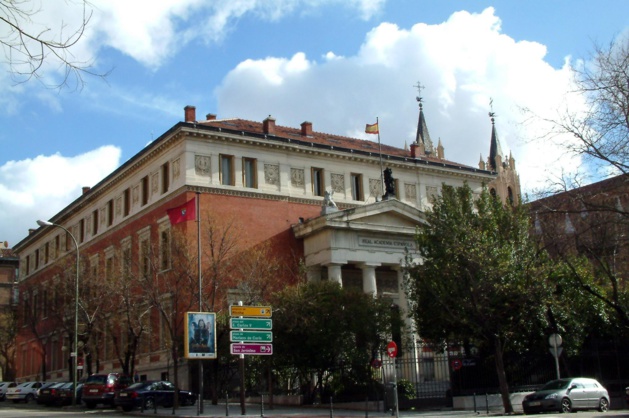A report of the Royal Spanish Academy criticises the new guides about non-sexist language elaborated in Spain by universities, syndicates or regional governments, which suggest using words like “la ciudadanía” instead of “los ciudadanos” or “el profesorado” instead of “los profesores” in order to make reference to groups composed of men and women.
Titled “Linguistic sexism and woman visibility”, the report of the Academy criticises the new guides about non-sexist language elaborated in Spain by universities, syndicates or regional governments, which suggest using words like “la ciudadanía” instead of “los ciudadanos” or “el profesorado” instead of “los profesores” in order to make reference to groups composed of men and women.
The author of the report of the Academy, Ignacio Bosque, defends that “the use of the generic masculine to design both sexes is part of the normal use of the Spanish grammatical system, and that is senseless forcing the linguistic structures.”
Titled “Linguistic sexism and woman visibility”, the report of the Academy criticises the new guides about non-sexist language elaborated in Spain by universities, syndicates or regional governments, which suggest using words like “la ciudadanía” instead of “los ciudadanos” or “el profesorado” instead of “los profesores” in order to make reference to groups composed of men and women.
The author of the report of the Academy, Ignacio Bosque, defends that “the use of the generic masculine to design both sexes is part of the normal use of the Spanish grammatical system, and that is senseless forcing the linguistic structures.”



 English
English



